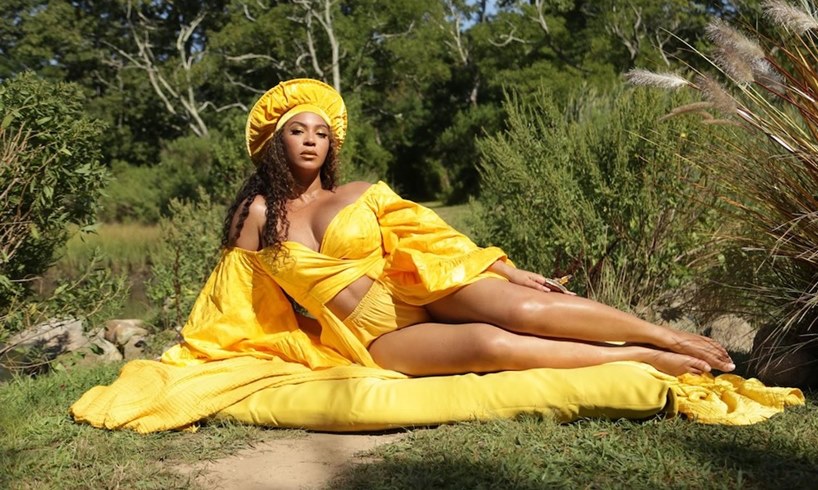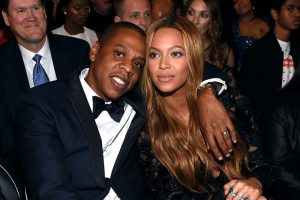
Beyoncé‘s latest project, Black Is King, was described as inspirational, empowering, masterful, and unbelievable by many.
However, a few big names dared to criticize the Texan diva because they believe that she missed the mark. After a lot of hype and intense promo, Beyoncé dropped her visual album via Disney+ last week.
Using a profusion of striking images, the superstar teamed up with numerous well-known African artists including Shatta Wale, Wizkid, and Tierra Whack to celebrate Black greatness and Afro-centric culture.
Beyoncé’s family members, including her husband Jay-Z, daughter Blue Ivy, and their 2-year-old twins, Rumi and Sir, and her mother, Tina Knowles-Lawson, all made appearances in the film.
However, Chicago rapper Fatimah Nyeema Warner, who is known as Noname, is one of Beyoncé’s loudest critics.
The “Don’t Forget About Me” femcee slammed Beyoncé for using the struggles and the pain of Africans to make art and to further enrich herself. Note that Beyoncé recently signed a $100 million deal with Disney to work on three major projects.
Noname took to social media to say this: “We love an African aesthetic draped in capitalism. I hope we remember the blk folks on the continent whose daily lives are impacted by u.s imperialism.”
The artist and poet went on to make this point: “if we can uplift the imagery, I hope we can uplift those who will never be able to access it. Black liberation is a global struggle.”
Noname also asked her followers to read a fascinating article penned by feminist writer Judicaelle Irakoze.
Irakoze made waves with her opinion piece, in Essence, entitled “Why We Must Be Careful When Watching Beyoncé’s ‘Black Is King.'”
Her poignant article said in part: “There is a real danger in romanticizing pre-colonial Africa. The glorification of kingdoms before white men met us erases the reality that Africa wasn’t exactly a paradise. African kingdoms were rife with slavery, imperialism, women’s oppression and class oppression. Not everyone was a king or even a queen. More importantly, not every Black person in African countries had the potential of being born into a royal family or accessing its benefits.”
The writer’s piece was praised by many on social media.
A positive comment read: “I read your Essence article. ??? The paragraph that starts with White Supremacy…please keep up the good work. You are speaking truth to light.”
Irakoze received this thank you note: “Thank you for not being afraid to express your opinion! I just feel bad that there are people who will not be able to think objectively and attempt to understand your perspective and may attack you for it. You’re an amazing writer, and your article slapped lol.”
A social media user took time to dive into the article and came up with this conclusion: “She expressed that black is king brought across the idea that Africans were kings/queens, and because of that, they shouldn’t have been enslaved. The point she was trying to make was that regardless of whether they were apart of a monarchy or not, they should have been treated with human decency.”
Tina has defended her daughter by saying that she poured her heart and soul into the project, and therefore it should be appreciated.





